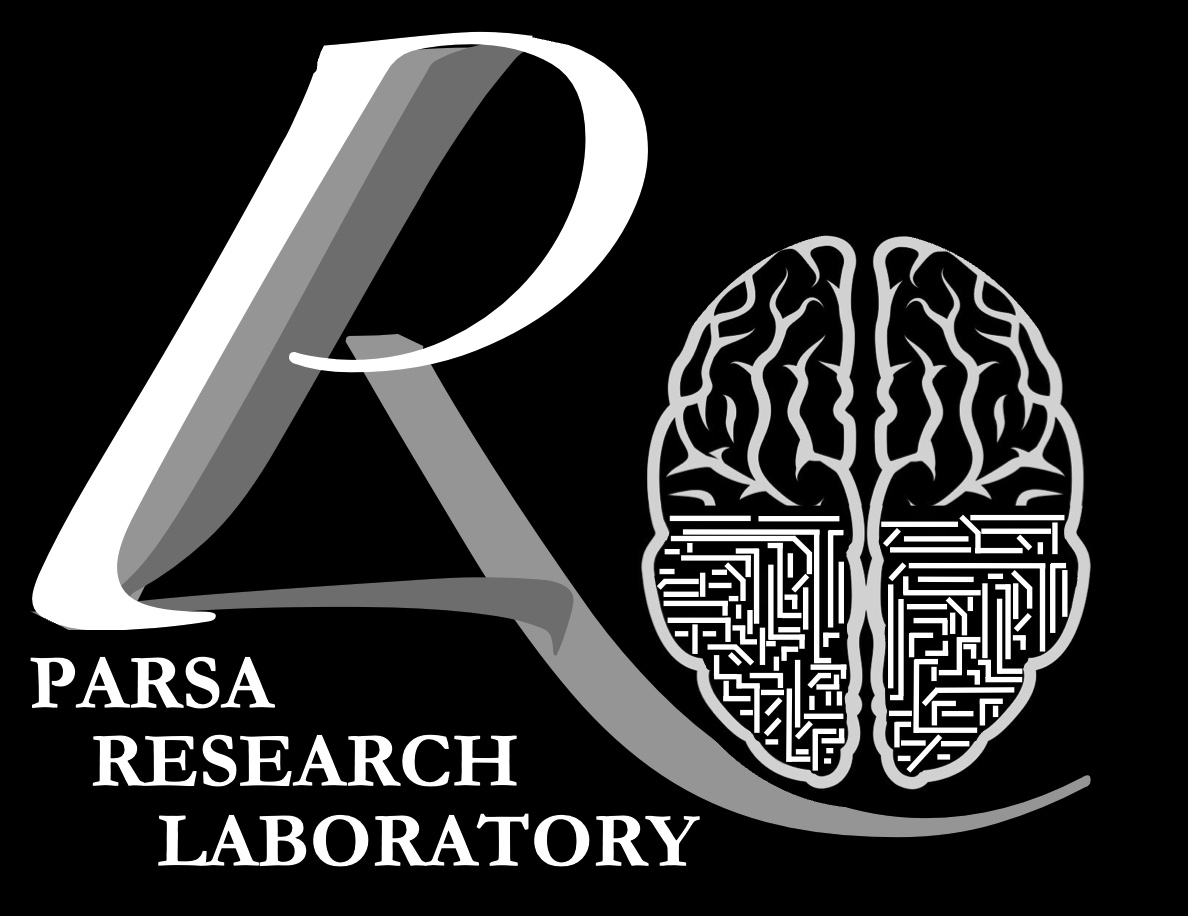

At Parsa Research Laboratory (PRL) we are developing full stack novel brain-inspired paradigms for accurate, energy efficient, fast, and reliable intelligence at the edge. These span from algorithm-hardware codesign to physics-informed neuromorphic computing, distributed learning, and safe lifelong learning. More information about our research and publications can be found on Google Scholar.

Title: GAINS: (G)eneralizable, (A)nalog, (I)zhikevich-Based (N)euromorphic (S)pintronics for Next-Generation Computing
Sponsor: U.S. Department of Energy - EXPRESS
Support: Total budget: $500,000 (Sep. 2025 - Aug. 2027), PI-Parsa share: $115,000
Collaborators:
Prof. Giorgio Ascoli, George Mason University
Prof. Pedram Khalili, Northwestern University
Prof. Akhilesh Jaiswal, University of Wisconsin Madison
Title: ENGAGE: (E)nergy-efficient (N)ovel Al(g)orithms and (A)rchitectures for (G)raph L(e)arning
Sponsor: U.S. Department of Energy - AI for Science
Support: $7,050,000 over three years (Sep. 2024 - Aug. 2027), PI-Parsa share: $350,000
Collaborators:
Thomas Potok, Oak Ridge National Laboratory
Prof. Gina Adam, George Washington University
Prof. Catherine Schuman, University of Tennessee Knoxville
Title: DEJA-VU: Design of Joint 3D Solid-State Learning Machines for Various Cognitive Use-Cases
Sponsor: National Science Foundation
Support: $2,400,000 for three years (Oct. 2023 - Sept. 2026), PI-Parsa share: $550,000
Collaborators:
Prof. Akhilesh Jaiswal, University of Wisconsin Madison
Prof. Babak Shahbaba, University of California Irvine
Prof. Norbert Fortin, University of California Irvine
Goal: In this multi-university, cross-disciplinary team we design and develop new class of computer chips (Cognitive Computing Machines or C2M) inspired from the cognitive functions of the hippocampus.
Title: NEMOSYS: (Ne)ural (M)emory (O)rganization (Sys)tem – Experience-based Neuromorphic Learning for Decision-making and Autonomous Maneuvering at the Edge
Sponsor: U.S. Army Ground Vehicle Systems Center (GVSC), Automotive Research Center (ARC)
Support: Total budget $105,000, PI-Parsa share: $105,000 (May 2025 - May 2026)
Quad Members:
Jonathon Smereka, Research Senior Technical Expert at U.S. Army CCDC Ground Vehicle Systems Center (GVSC)
Industry Partner: Andrew Capodieci, Director of Robotics, Neya Systems
Title: Multi-Phase Vector Symbolic Architectures for Distributed and Collective Intelligence in Multi-Agent Autonomous Systems (single-PI)
Sponsor: U.S. Army Ground Vehicle Systems Center (GVSC), Automotive Research Center (ARC)
Support: $254,000 (Jan. 2023 - Dec. 2024)
Quad Members:
Dr. David Gorsich, Chief Scientist, U.S. Army Combat Capabilities Development Center (DEVCOM) Ground Vehicle Systems Center (GVSC)
Dr. Stephen Rapp, Thrust Area 5 Co-Leader, Senior Scientist U.S. Army DEVCOM GVSC
Dr. Matt Castanier, Thrust Area 5 Co-Leader, Research Mechanical Engineer, U.S. Army DEVCOM GVSC
Industry Partner: Andrew Capodieci, Director of Robotics, Neya Systems
Goal: Developing a distributed but collective intelligence (DCI) that enables efficient lifelong learning through hyperdimensional neuromorphic computing.
Title: Learning Neuromorphic Physics-Informed Stochastic Regions of Attraction through Bayesian Optimization (single-PI)
Sponsor: Intel Neuromorphic Research Community (INRC)
Support: $194,616 (Jan. 2022 - Dec. 2024)
Collaborator: Dr. Joe Hays, U.S. Naval Research Laboratory
Goal: The ultimate goal of this project is to enable agents, who are learning to control themselves, to have an inherent
sense of their own stability, and thus enable them to learn and expand their capabilities safely. This work aims to use Bayesian
optimization (BO) to learn a distribution of Lyapunov regions of attraction (ROA). ROA defines the boundary between stability and
instability. Once learned offline, the policy will be able to discriminate which specific parameter set defines the specific system under control from the state/action data and therefore refine the ROA for the specific agent.
Title: UTK/DOA/ICONS Conference Support
Sponsor: U.S. Army Research Laboratory (ARL)
Support: Total budget $40,000, PI-Parsa share: $30,000
Collaborators:
Prof. Catherine Schuman, University of Tennessee Knoxville
Title: Bio-inspired Metamaterials via Additive Manufacturing: Design & Optimization
Sponsor: Internal GMU: Office of Research Innovation and Economic Impact (ORIEI)
Support: Total budget $50,000, PI-Parsa share: $25,000
Collaborators:
Prof. Shaghayegh Bagheri, George Mason University
Title: Leidos Neuromorphic Software Development Environment
Sponsor: Leidos
Support: Total budget $60,000, PI-Parsa share: $60,000
